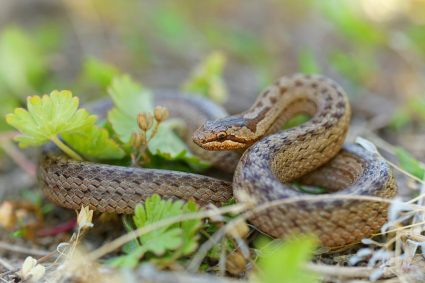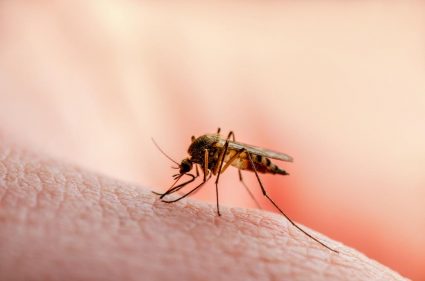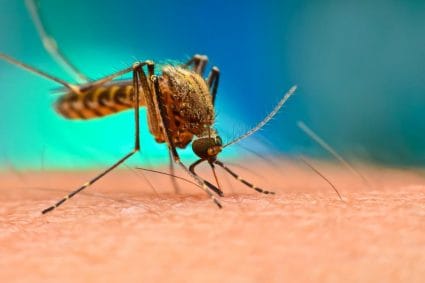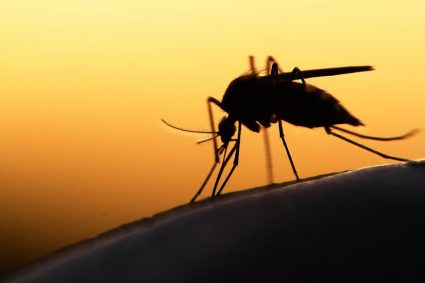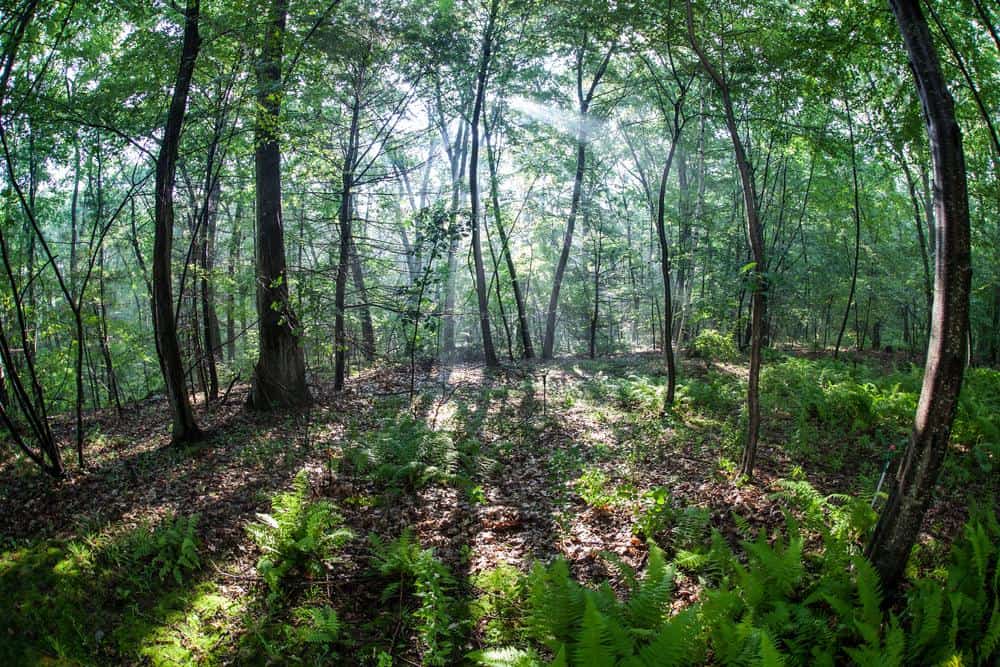
Raccoons, known for their distinctive black mask and clever antics, are highly adaptable creatures that can be found in various environments, ranging from deep forests to bustling cities. But have you ever wondered where these nocturnal animals sleep during the day? In this comprehensive guide, we’ll delve into the sleeping habits of raccoons, explore their preferred sleeping spots, and debunk some common misconceptions about where raccoons sleep.
Raccoons, being primarily nocturnal creatures, sleep during the day in quiet, dark, and secluded places. In their natural habitats, they typically sleep in tree cavities, dense vegetation, and abandoned animal dens or burrows. In urban areas, they may sleep in attics, chimneys, or other secluded places such as abandoned buildings, under decks, or roofs. They are adaptable and will often change their sleeping spots depending on safety, weather conditions, and proximity to food sources.
Raccoons: Adaptable Sleepers
Raccoons are primarily nocturnal animals, meaning they sleep during the day and are active at night. They seek out quiet, dark, and secluded places where they can rest undisturbed. Their choice of sleeping spot is influenced by factors such as safety from predators, proximity to food sources, and the weather conditions.
In their natural habitats, raccoons typically sleep in tree cavities, dense vegetation, and abandoned animal dens or burrows. Raccoons are known to sleep in trees, as they provide safety from predators and a cool place to rest during hot days. They are also known to sleep in abandoned urban settlements, crawl spaces, sheds, and attics.
In urban areas, raccoons may sleep in attics, chimneys, or other dark and secluded places such as abandoned buildings, under decks, or roofs. Their behavior changes with the seasons, and during winter, they may enter a state of torpor, which allows them to conserve energy and survive the cold temperatures.
Sleeping Spots in Different Environments
Here are some examples of common places where raccoons sleep:
- Hollow trees: Raccoons often sleep in large holes in trees or hollow parts of fallen logs.
- Abandoned urban settlements: They may find shelter in uninhabited buildings, crawl spaces, sheds, and attics.
- Rock crevices: Raccoons can sleep in rock cavities.
- Animal burrows: They may use fox or badger burrows as sleeping spots.
- Human-made structures: Raccoons are known to sleep in attics, chimneys, sheds, under porch decks, and even in abandoned vehicles.
Raccoons typically avoid sleeping on the ground in the wild, as they are vulnerable to large predators like wild cats. They are opportunistic animals and will sleep wherever they find a suitable and safe location, often changing their sleeping spots.
Misconceptions About Raccoon Sleeping Habits
Despite their widespread presence, several misconceptions persist about where raccoons sleep. One common myth is that raccoons sleep on the ground. In reality, raccoons avoid sleeping on the ground in the wild due to vulnerability to predators. They prefer sleeping in trees, abandoned urban settlements, hollow trees, dens made in uninhabited buildings, crawl spaces, sheds, and attics.
Another misconception is that raccoons are strictly nocturnal. While raccoons are primarily nocturnal and most active at night, they are not strictly nocturnal. It is not uncommon for raccoons to venture out during the day in search of food or water, particularly females caring for young or during times of extreme heat.
Conclusion
In summary, raccoons are adaptable creatures that sleep in various locations depending on their habitat and shelter availability. They prefer sleeping in tree cavities, dense vegetation, and abandoned dens or burrows, and they change their sleeping spots frequently to avoid predators and find new food sources. Whether in the wild or urban environments, raccoons have proven to be resourceful and versatile in their choice of sleeping locations.
Frequently Asked Questions
How long do raccoons sleep?
Raccoons are known to sleep a lot, with their sleeping hours ranging between 12 to 16 hours per day. However, this can vary depending on the season and food availability.
Why do raccoons sleep during the day?
Raccoons are primarily nocturnal creatures, meaning they are most active during the night. They sleep during the day to conserve energy for their nighttime activities, which include searching for food and water.
What predators do raccoons need to be wary of?
Raccoons have several predators including larger mammals like coyotes, bobcats, and cougars. In urban areas, they may also be at risk from dogs. Birds of prey, such as owls and eagles, may target young raccoons.
Do raccoons hibernate in the winter?
Raccoons do not hibernate in the traditional sense. However, during severe winter weather, they can enter a state of torpor, where their body temperature and metabolic rate decrease. This allows them to conserve energy and survive the cold weather.
Can raccoons cause damage to my property?
Yes, raccoons can cause significant damage to properties, particularly when they take up residence in attics or crawlspaces. They can tear up insulation, chew on wires, and create openings in roofs or walls. Their feces and urine can also cause health risks and unpleasant odors.

